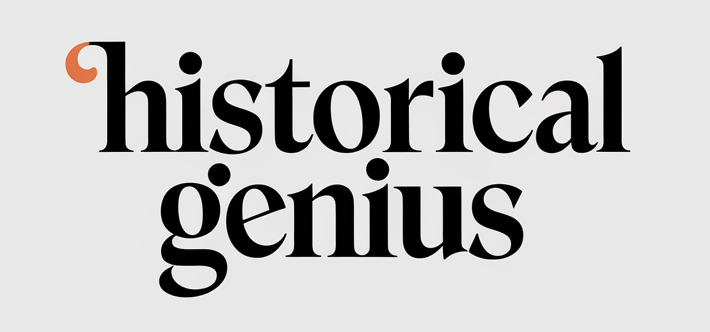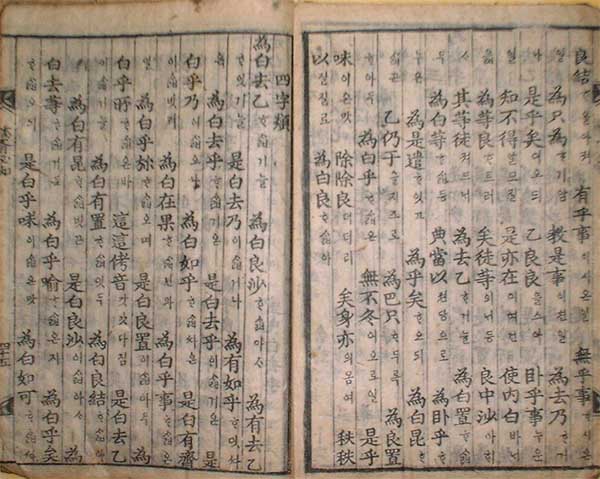Technology has been shaping human civilization since the first person figured out how to spark a flame. From simple tools to artificial intelligence, every advancement has pushed society forward, changing the way we live, work, and communicate. The journey of technology is a story of constant evolution, filled with breakthroughs that redefined history. Here’s how technology has transformed the world through the ages.
The Discovery of Fire (Prehistoric Era)
Before electricity, WiFi, or even the wheel, early humans made their biggest technological breakthrough—fire. Controlling fire meant warmth, cooked food, protection from predators, and eventually, the foundation of civilization. This simple discovery sparked (pun intended) every other technological advancement that followed.
The Invention of the Wheel (Around 3500 BCE)
The wheel was a game-changer. It revolutionized transportation, trade, and even agriculture, making it easier to move goods and build civilizations. Whether on carts, chariots, or machinery, the wheel set the foundation for countless inventions that came after it.
Writing Systems (Around 3000 BCE)
Before writing, knowledge was passed down through storytelling, which worked—until people forgot the details. The invention of writing in Mesopotamia (cuneiform) and Egypt (hieroglyphs) allowed civilizations to record history, laws, and discoveries, paving the way for science, literature, and education.
The Printing Press (15th Century)
Before Johannes Gutenberg’s printing press, books were rare and handwritten, making knowledge a luxury for the elite. The printing press democratized information, fueling the Renaissance, the Reformation, and the spread of scientific discoveries. It was the original “viral” information-sharing tool.
The Industrial Revolution (18th–19th Century)
The shift from handmade to machine-made products changed everything. Steam engines powered factories, railways connected cities, and mass production made goods affordable. This era transformed economies, societies, and lifestyles, ushering in the modern world.
The Telegraph and Telephone (19th Century)
Before texting and DMs, there was the telegraph. The ability to send messages instantly across long distances revolutionized communication. Then came the telephone, allowing real-time voice conversations and shrinking the world even further. Suddenly, distance wasn’t such a barrier anymore.
The Birth of Electricity (19th Century)
Electricity changed the game. Once scientists like Thomas Edison and Nikola Tesla harnessed electric power, the world lit up—literally. It powered homes, factories, and cities, leading to inventions like light bulbs, radios, and eventually, the modern technology we rely on today.
The Digital Revolution (20th Century)
The 20th century saw a technological explosion: computers, satellites, and the internet all changed the way people lived and worked. From the first computers the size of rooms to today’s smartphones, digital technology has evolved faster than ever, making information accessible at the click of a button.
The Internet and the Information Age (Late 20th–21st Century)
If the printing press spread knowledge, the internet supercharged it. Suddenly, information became available to anyone, anywhere. The rise of social media, e-commerce, and digital entertainment changed how people interact, learn, and do business. In just a few decades, the internet became essential to modern life.
10. Artificial Intelligence and the Future of Tech (21st Century and Beyond)
AI is the latest frontier, shaping industries from healthcare to finance. Machines can now learn, create, and even predict human behavior. Whether through self-driving cars, AI-powered assistants, or medical breakthroughs, artificial intelligence is leading the next wave of technological evolution.
From fire to AI, technology has taken humanity on an incredible journey. Each breakthrough has built on the last, accelerating progress and redefining what’s possible. And if history has taught us anything, it’s that the next big innovation is always just around the corner.

